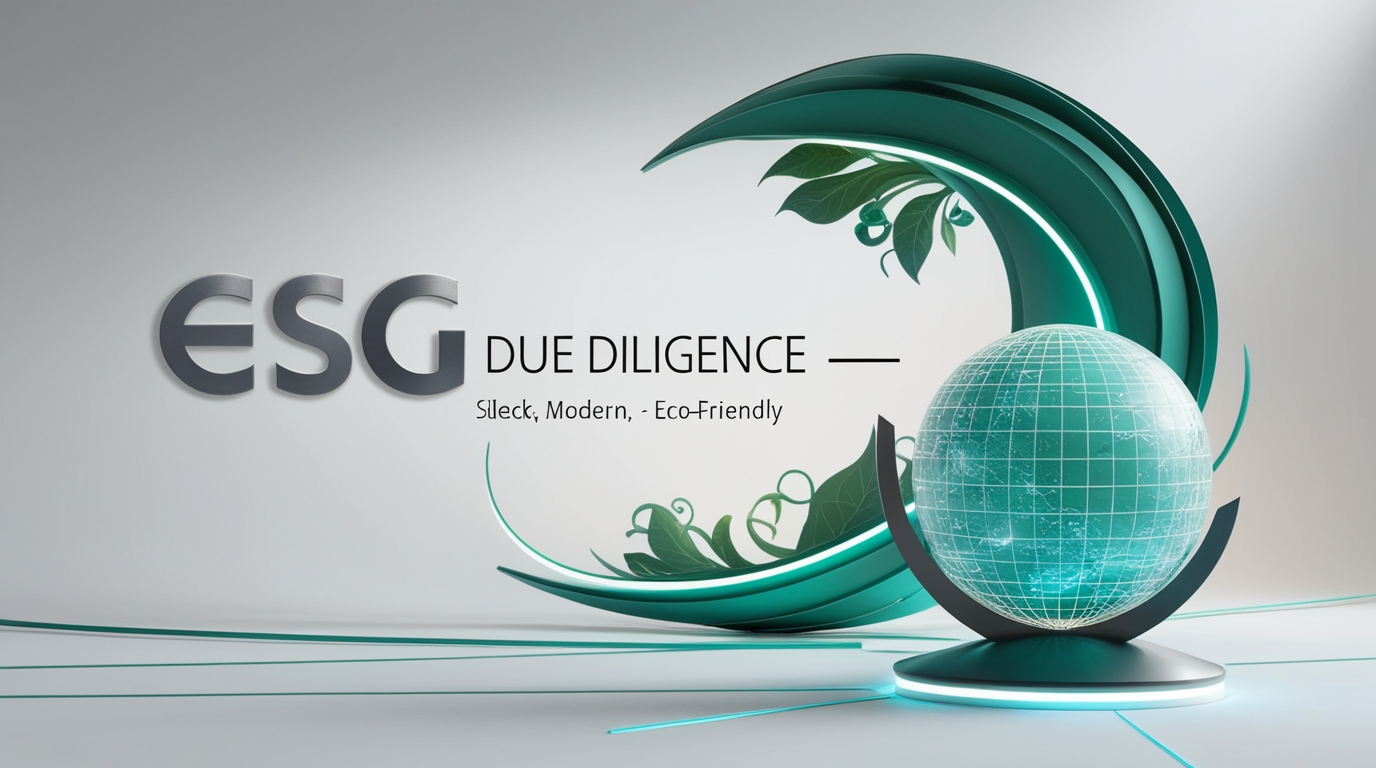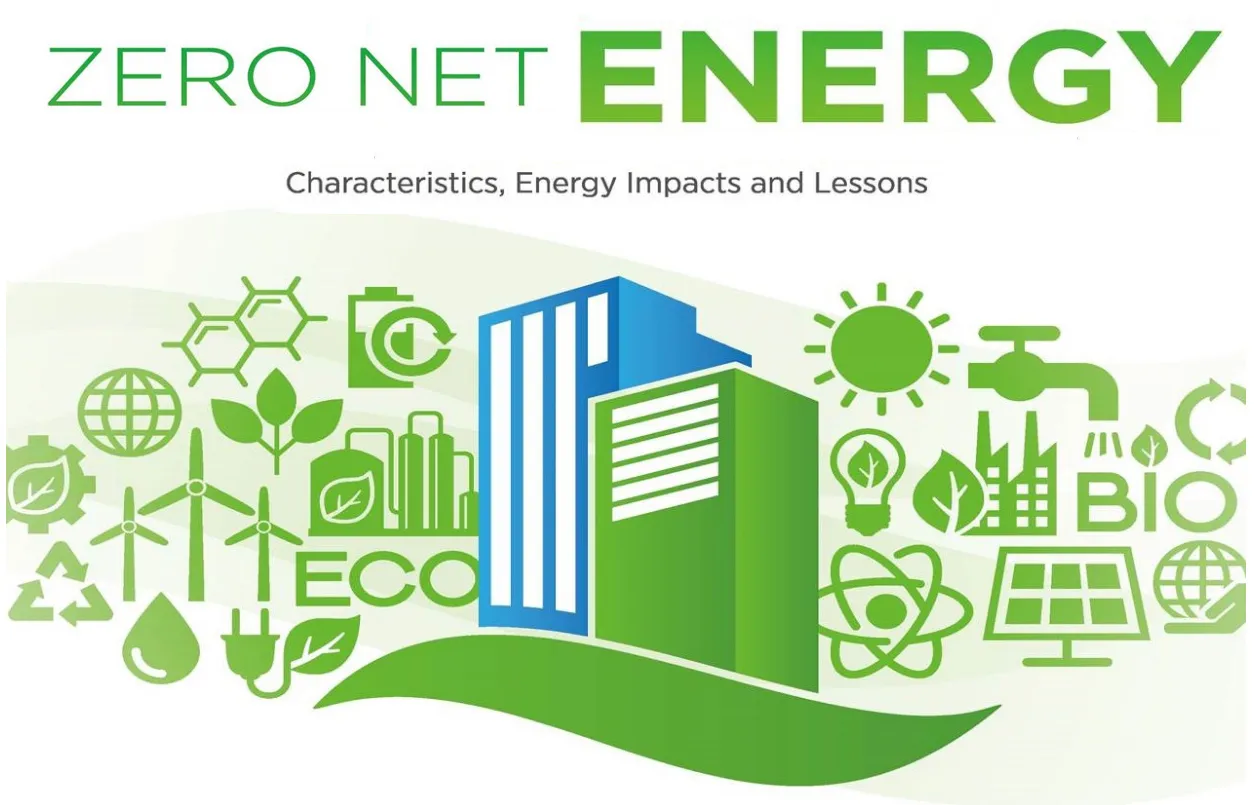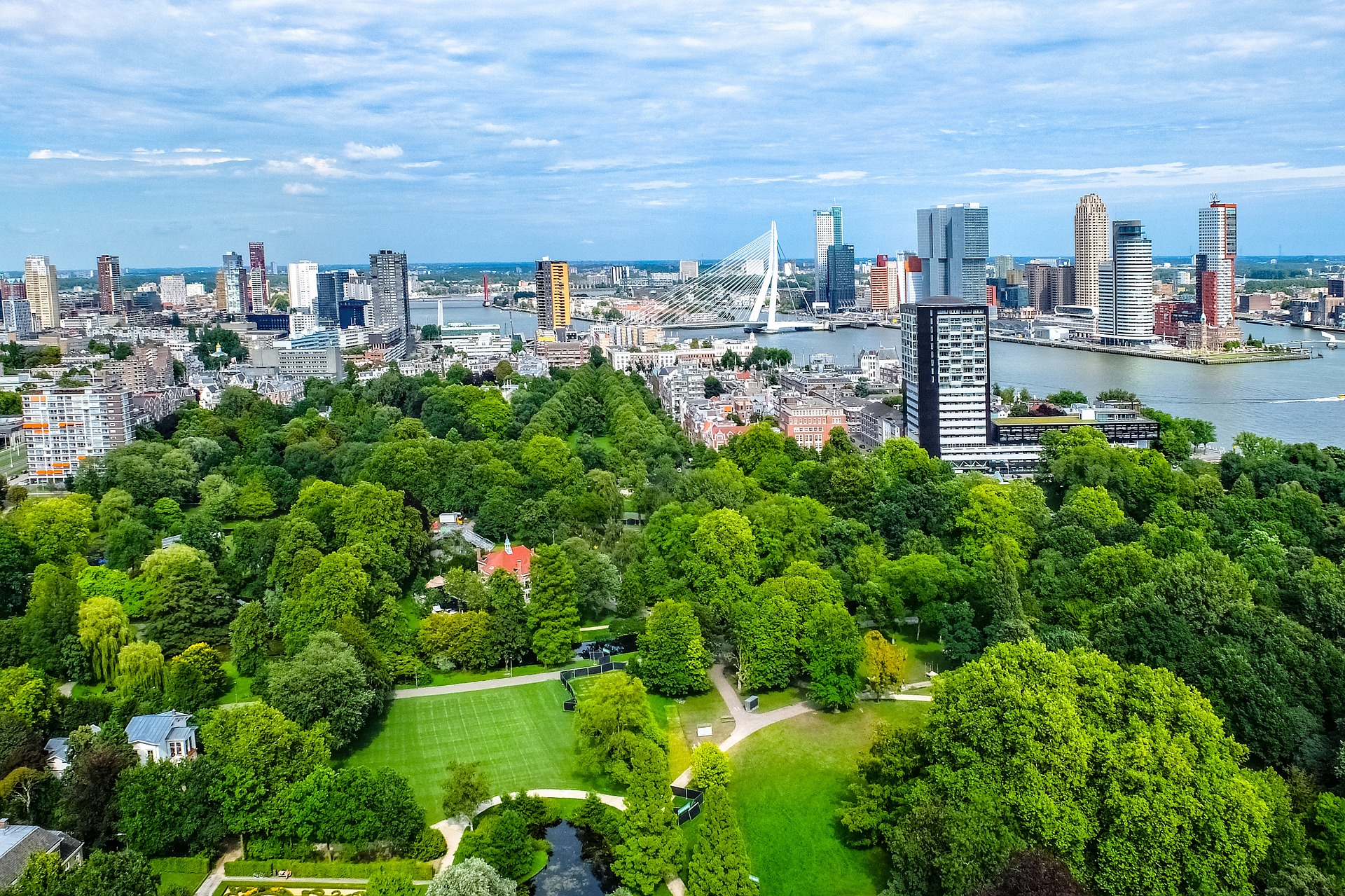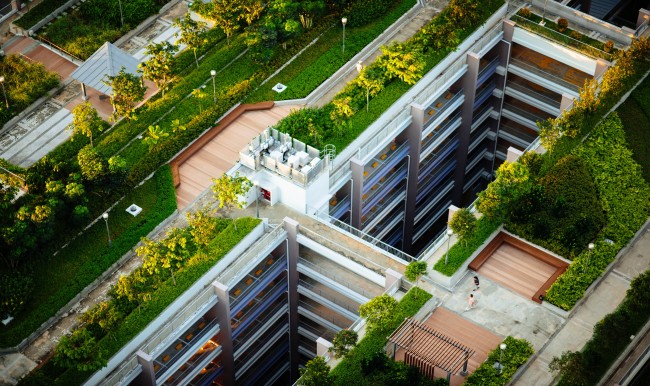Innovative Smart City Solutions The Cities Of Future
Short Overview About the Innovative Smart City Solutions
In today's rapidly evolving world, cities are at the forefront of technological advancements and urban development. As urbanization continues to increase, the need for sustainable, efficient, and livable cities becomes paramount. Enter smart city solutions - a combination of advanced technologies, data-driven strategies, and citizen-centric approaches aimed at improving various aspects of urban life. In this blog, we will explore some innovative smart city solutions that are revolutionizing the way we live, work, and interact in urban environments.
Intelligent Transportation Systems:
One of the most significant challenges in cities is transportation. Smart cities are harnessing technology to develop intelligent transportation systems that enhance mobility and reduce congestion. Integrated traffic management systems utilize real-time data to optimize traffic flow, synchronize traffic signals, and provide dynamic route guidance to drivers. Additionally, smart parking systems employ sensors and mobile applications to assist drivers in finding available parking spaces, reducing unnecessary traffic and emissions.
Energy Efficiency and Smart Grids:
To combat climate change and ensure sustainable urban development, smart cities are implementing energy-efficient solutions. Smart grids, for example, employ advanced metering infrastructure and two-way communication systems to optimize energy distribution, reduce power outages, and enable better management of renewable energy sources. Furthermore, intelligent street lighting systems equipped with sensors and dimming capabilities adjust lighting levels based on traffic patterns, saving energy and improving public safety.
Waste Management and Recycling:
Managing waste is a major concern in urban areas, but smart cities are finding innovative solutions. Sensor-enabled waste bins and smart collection systems optimize waste management by monitoring fill levels and scheduling pickups based on demand. These systems not only reduce costs but also promote recycling and ensure cleaner, healthier environments. Smart sensors can even analyze the type of waste to facilitate sorting and recycling processes.
Citizen Engagement and Participation:
Smart cities prioritize citizen engagement and participation in decision-making processes. Online platforms and mobile applications enable residents to report issues, suggest improvements, and participate in community initiatives. Real-time feedback mechanisms foster collaboration between citizens and local governments, ensuring responsive governance and better allocation of resources. By involving citizens, smart cities become more inclusive and responsive to the needs of their communities.
Data-Driven Urban Planning:
Smart city solutions heavily rely on data analytics and insights for effective urban planning. By leveraging data from various sources, including sensors, social media, and public records, city planners can gain valuable insights into areas such as traffic patterns, energy consumption, and public health. This data-driven approach enables evidence-based decision-making, leading to more efficient resource allocation, optimized infrastructure, and improved urban services.
Innovative smart city solutions are transforming urban living by leveraging technology and data to create sustainable, efficient, and livable environments. From intelligent transportation systems and energy-efficient grids to advanced waste management and citizen engagement, these solutions are improving the quality of life for residents while promoting sustainability and resilience. As technology continues to evolve, smart cities will play a pivotal role in shaping the future of urbanization, ensuring that cities become vibrant, inclusive, and environmentally friendly hubs for generations to come.
As the world rapidly urbanizes, cities face numerous challenges related to sustainability, efficiency, and quality of life. In response, innovative smart city solutions are emerging to tackle these issues head-on. By integrating cutting-edge technologies, data-driven systems, and citizen participation, these solutions are transforming urban areas into smarter, more sustainable, and livable environments. In this blog post, we will explore some of the most innovative smart city solutions that are reshaping the urban landscape and paving the way for a brighter future.
Smart Energy Grids and Renewable Integration:
To combat climate change and reduce reliance on fossil fuels, cities are implementing smart energy grids that optimize energy distribution and consumption. These grids incorporate renewable energy sources, such as solar and wind, and utilize advanced metering and monitoring systems to track energy usage in real-time. By integrating energy storage technologies and leveraging predictive analytics, smart grids can balance supply and demand, minimize transmission losses, and enable efficient utilization of renewable energy.
Intelligent Transportation Systems:
Transportation is a critical aspect of urban life, but it often leads to traffic congestion, pollution, and inefficient use of resources. Smart city solutions aim to revolutionize transportation by integrating various technologies. Intelligent transportation systems utilize real-time data from sensors, GPS, and traffic cameras to optimize traffic flow, manage parking spaces, and provide accurate travel information to citizens. Moreover, the rise of electric vehicles and autonomous transportation further contributes to reducing emissions and improving overall efficiency.
Data-Driven Decision Making:
One of the fundamental pillars of smart cities is data. By harnessing the power of big data, cities can gain valuable insights into various aspects of urban life, ranging from energy consumption patterns to waste management. Data-driven decision making enables city officials to identify areas for improvement, make informed policy decisions, and allocate resources effectively. Furthermore, citizens can benefit from the transparency and accessibility of data, enabling them to actively participate in shaping the development of their cities.
Smart Waste Management:
Traditional waste management systems often suffer from inefficiency and environmental impact. Smart city solutions integrate IoT devices, sensors, and data analytics to optimize waste collection, reduce operational costs, and promote recycling and waste reduction. Intelligent waste management systems can monitor waste levels in bins, optimize collection routes, and even incentivize citizens to recycle through gamification and rewards. By implementing such solutions, cities can minimize the environmental footprint of waste management and create a cleaner, healthier urban environment.
Citizen Engagement and Co-Creation:
Smart city solutions recognize the importance of citizen participation and engagement in urban planning and decision making. Through mobile applications, online platforms, and participatory processes, citizens can voice their opinions, report issues, and contribute to the development of their communities. By fostering collaboration between city authorities and residents, cities can create a sense of ownership, inclusivity, and shared responsibility for the well-being of the urban environment.
Innovative smart city solutions have the potential to address the pressing challenges faced by rapidly urbanizing areas. By leveraging technology, data, and citizen engagement, cities can become more sustainable, efficient, and livable. From smart energy grids and intelligent transportation systems to data-driven decision-making and smart waste management, these solutions are reshaping the urban landscape and paving the way for a brighter and more sustainable future. As we move forward, it is crucial to prioritize the implementation of these innovative solutions and foster collaboration between governments, citizens, and technology providers to create truly smart and inclusive cities.
The rapid urbanization of our world presents both challenges and opportunities. As cities expand, there is an urgent need for innovative solutions to address the growing demands for energy, transportation, waste management, and infrastructure. Enter the era of smart cities, where cutting-edge technologies and data-driven approaches are revolutionizing urban living. In this blog post, we will explore some of the most innovative smart city solutions that are paving the way to a sustainable future.
Smart Energy Management:
One of the key challenges in urban areas is the efficient use of energy resources. Smart cities are implementing advanced energy management systems that optimize energy production, distribution, and consumption. These systems rely on real-time data collection and analysis to regulate energy usage, reduce wastage, and promote renewable energy sources. For instance, smart grids enable better integration of renewable energy, while smart buildings use sensors and automation to optimize energy consumption.
Intelligent Transportation Systems:
Traffic congestion is a major issue in cities, leading to increased pollution, wasted time, and reduced productivity. Intelligent transportation systems (ITS) leverage technologies such as real-time traffic monitoring, predictive analytics, and smart signaling to improve traffic flow and reduce congestion. These systems enable efficient public transportation networks, smart parking solutions, and even autonomous vehicles, leading to reduced emissions and enhanced mobility.
Waste Management and Recycling:
As cities grow, the management of waste becomes increasingly critical. Smart city solutions are incorporating innovative waste management techniques such as sensor-based smart bins, waste-to-energy conversion, and data analytics to optimize waste collection routes. Additionally, smart recycling programs, aided by machine learning algorithms and image recognition, help improve the separation and processing of recyclable materials, reducing landfill waste and promoting a circular economy.
Integrated Data Platforms:
Data is the lifeblood of smart cities, and integrated data platforms play a vital role in harnessing its power. These platforms gather data from various sources, such as sensors, IoT devices, and public databases, and provide valuable insights to city administrators, residents, and businesses. By analyzing data on energy consumption, air quality, traffic patterns, and other factors, city planners can make informed decisions to enhance sustainability, improve urban services, and ensure better quality of life.
Citizen Engagement and Participation:
Innovative smart city solutions also emphasize the active involvement of citizens in urban governance and decision-making processes. Mobile applications, online platforms, and social media integration enable residents to report issues, provide feedback, and participate in public consultations. By fostering citizen engagement, cities can co-create solutions, address local concerns, and build a sense of community ownership, resulting in more sustainable and livable environments.
Innovative smart city solutions are transforming the way we live and interact with urban environments. By integrating advanced technologies, data analytics, and citizen participation, cities are becoming more sustainable, efficient, and resilient. These solutions enable optimized energy management, intelligent transportation systems, efficient waste management, integrated data platforms, and enhanced citizen engagement. As we move forward, it is crucial for cities worldwide to adopt and invest in these innovative smart city solutions to build a better future for generations to come.






